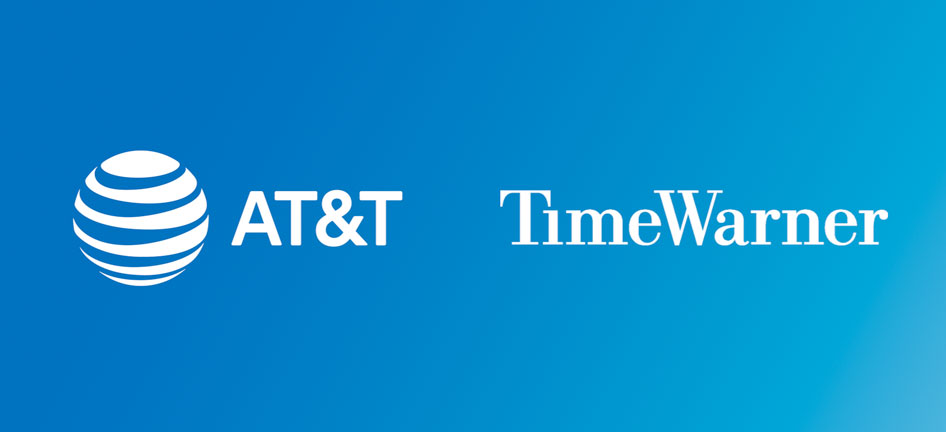WASHINGTON – The AT&T-Time Warner merger and Comcast’s bid for Fox are exciting match-ups of technology and entertainment companies for some media experts while others worry that the results will be bad for consumers.
AT&T Inc. completed the $85 billion acquisition of Time Warner Inc. on Friday, offering 1,185 million shares of common stock and $42.5 billion in cash, according to the company’s press release.
The AT&T and Time Warner merger came two days after U.S. District Judge Richard J. Leon ruled against the Justice Department’s attempt to block the deal on antitrust grounds. Based on that ruling, Comcast Corp. proposed Wednesday an all-cash transaction at $35 per Fox share to acquire the same businesses that Fox previously agreed to sell to The Walt Disney Company.
These giant media mergers create “a less competitive market” that is “always bad for consumers,” said Aram Sinnreich, associate professor of communication studies at American University. Sinnreich noted that, by conducting vertical integration in the media and communication space, future large corporations will be able to make decisions on what content can get distributed and what consumers have access to.
Barbara Cherry, professor of telecommunications at Indiana University, said Congress and the federal government need to create policies that ensure that broadband providers won’t discriminate against other companies’ content to win market share, which “may lead to some potentially bad consequences for consumers.”
But Michael D. Smith, professor of information systems at Carnegie Mellon University, said these mergers can make the market more competitive because consolidated media companies will have the power to fight against Netflix and Amazon, the two dominant players in the video-screaming industry.
“By allowing the telecom companies to merge with content creation is potentially allowing them to enter that industry. That’s the plus,” said Smith.
In the short term, these mergers might provide incentives for broadband companies to invest more in mobile networks and advance efficient technology like 5G, said Rahul Telang of Carnegie Mellon University.
“That just means that the market is going to be competitive, more choices to the artists, more choices to the consumers,” said Telang. “I think it’s really exciting.”

